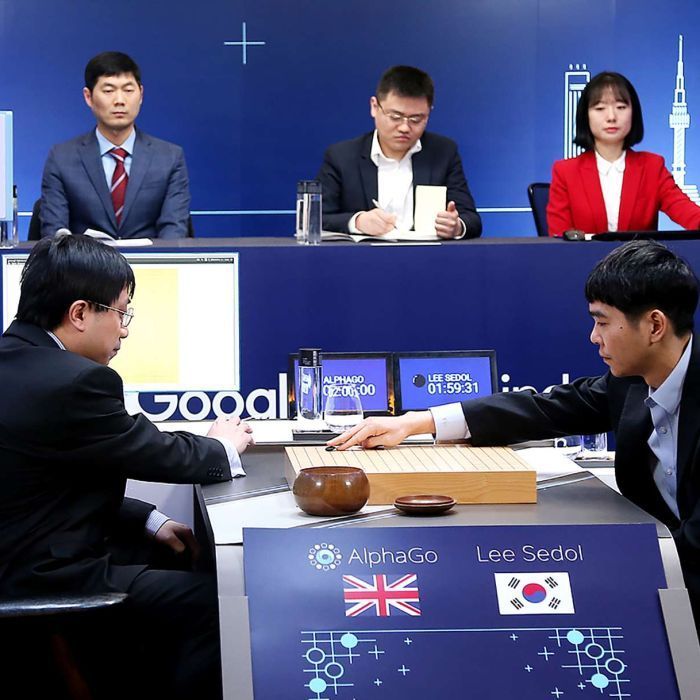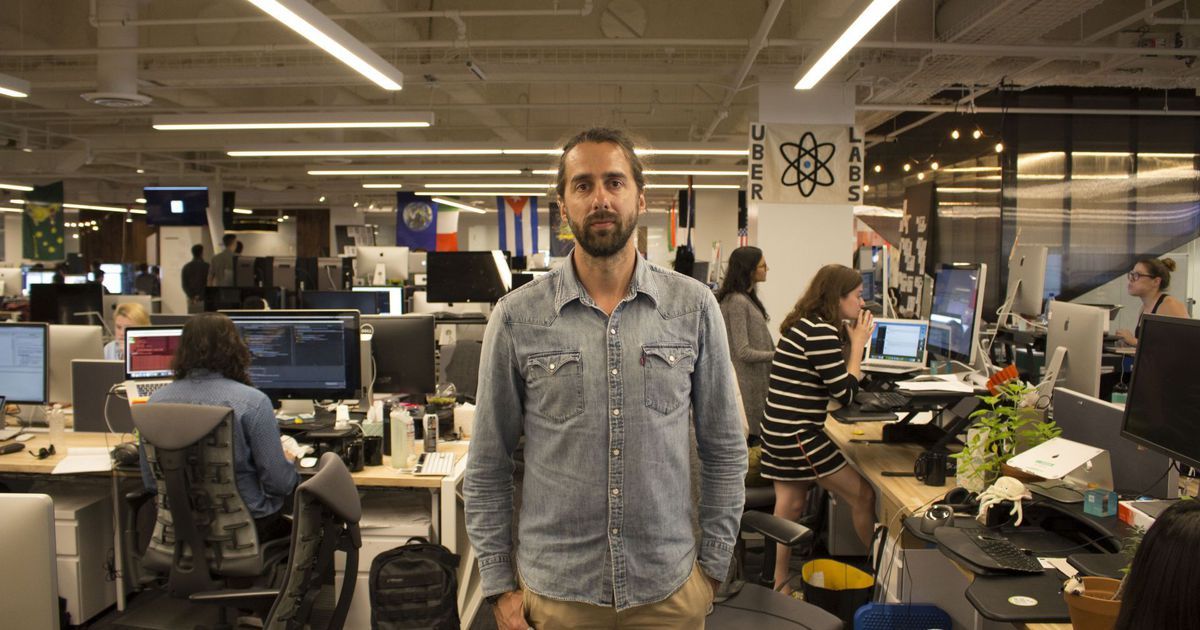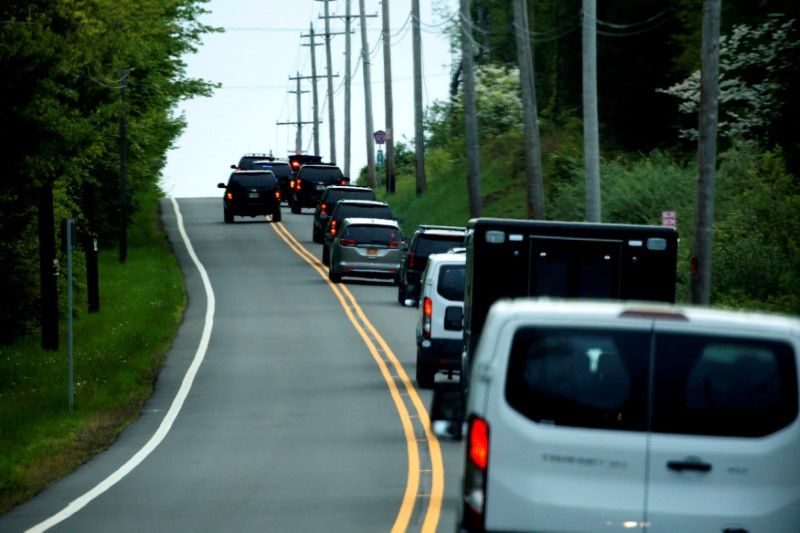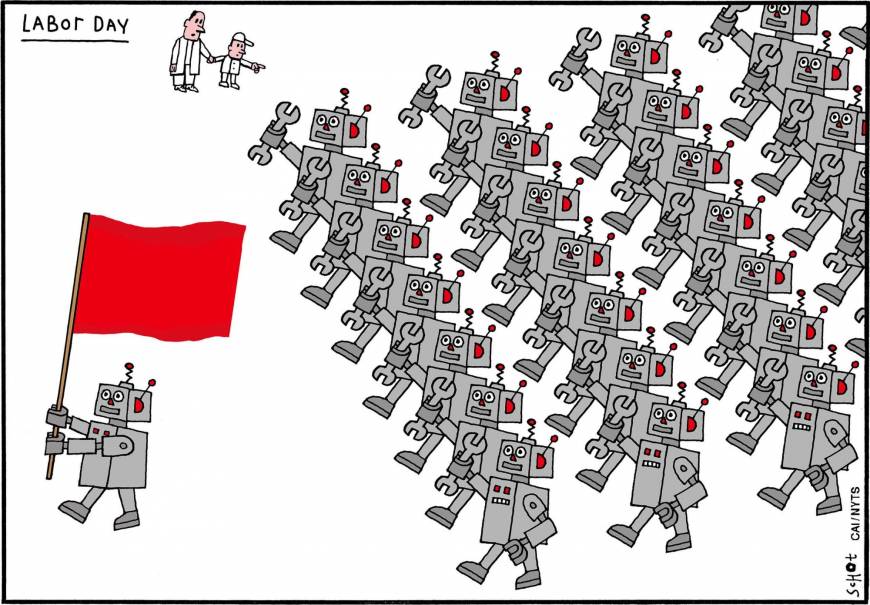A Chinese garment company is partnering with American robotics to use Sewbots in manufacturing. How many people will this new innovation put out of work?
Category: robotics/AI – Page 2,588

Tally the robot could be the stock boy of the future
Aug. 7 (UPI) — A St. Louis-area grocery store on Monday introduced customers to a new employee who doesn’t take bathroom breaks or need to call in sick — Tally the robot.
The Schnucks Markets grocery store in Richmond Height, Mo., was the first of three locations expected to test the new technology in the coming weeks. If all goes well, Tally the robot could be showing up in supermarkets across the country.
Tally, which is made by Sime Robotics, is a slim, black-and-white autonomous robot that moves around the store similar to a Roomba vacuum. Its task is to scan shelves to check prices, and alert employees if products need to be restocked or are incorrectly placed.

Veritas Genetics Scoops Up an AI Company to Sort Out Its DNA
News from Veritas and remember Veritas are offering a whole genome sequence as one of the rewards in our AgeMeter campaign at Lifespan.io:
https://www.lifespan.io/campaigns/agemeter-biomarker-scan/#reward_12
“On August 3, sequencing company Veritas Genetics bought one of the most influential: seven-year old Curoverse. Veritas thinks AI will help interpret the genetic risk of certain diseases and scour the ever-growing databases of genomic, medical, and scientific research.”

The Future of Politics Will Focus on Transhumanism
As one of the most visible 2016 presidential candidates—and now as a leading 2018 contender for Governor in California—Zoltan Istvan has been the “Science Candidate,” traveling around America to discuss the issues of transhumanism and radical longevity that are transforming humanity. Soon the issues of AI, genetic editing, designer babies, bionic organs, automation, and neural prosthetics will challenge and dominate political discourse. America must embrace radical science with bold polices.
The Israeli Military is Buying Copter Drones With Machine Guns
A breakthrough in drone design gives a glimpse into the future of urban warfare.
The Israeli military is buying small multi–rotor drones modified to carry a machine gun, a grenade launcher and variety of other weapons to fight tomorrow’s urban warfare battles. Their maker, Florida startup Duke Robotics, is pitching the TIKAD drone to the U.S military as well.
Lt. Col. Raziel “Razi” Atuar, a 20-year veteran of the Israeli military and a reservist in the Israeli Special Forces, co-founded the company in 2014 along with a paratrooper-turned-robotic engineer and another IDF buddy. He says he was tired of watching his comrades die in chaotic street battles that also, sometimes, took the lives of civilians.
The Self Drive Act, Bit Coin Clone, NASA Hiring Someone To Protect The Earth From Aliens & The Hive Mind
Last week, a U.S. House Committee gave its approval for the SELF DRIVE Act, a bill that introduces breakthrough legislation in favor of autonomous vehicles. The bill could pass Congress before the end of 2017, ushering in a new era in self-driving tech.
In a report published in 2016, the White House estimated that nearly 3.1 million drivers working today could have their jobs automated by autonomous vehicles.
From the same article.

Chinese Chatbots Apparently Re-educated After Political Faux Pas
A pair of ‘chatbots’ in China have been taken offline after appearing to stray off-script. In response to users’ questions, one said its dream was to travel to the United States, while the other said it wasn’t a huge fan of the Chinese Communist Party. From a report: The two chatbots, BabyQ and XiaoBing, are designed to use machine learning artificial intelligence (AI) to carry out conversations with humans online. Both had been installed onto Tencent Holdings Ltd’s popular messaging service QQ. The indiscretions are similar to ones suffered by Facebook and Twitter, where chatbots used expletives and even created their own language. But they also highlight the pitfalls for nascent AI in China, where censors control online content seen as politically incorrect or harmful. Tencent confirmed it had taken the two robots offline from its QQ messaging service, but declined to elaborate on reasons.
